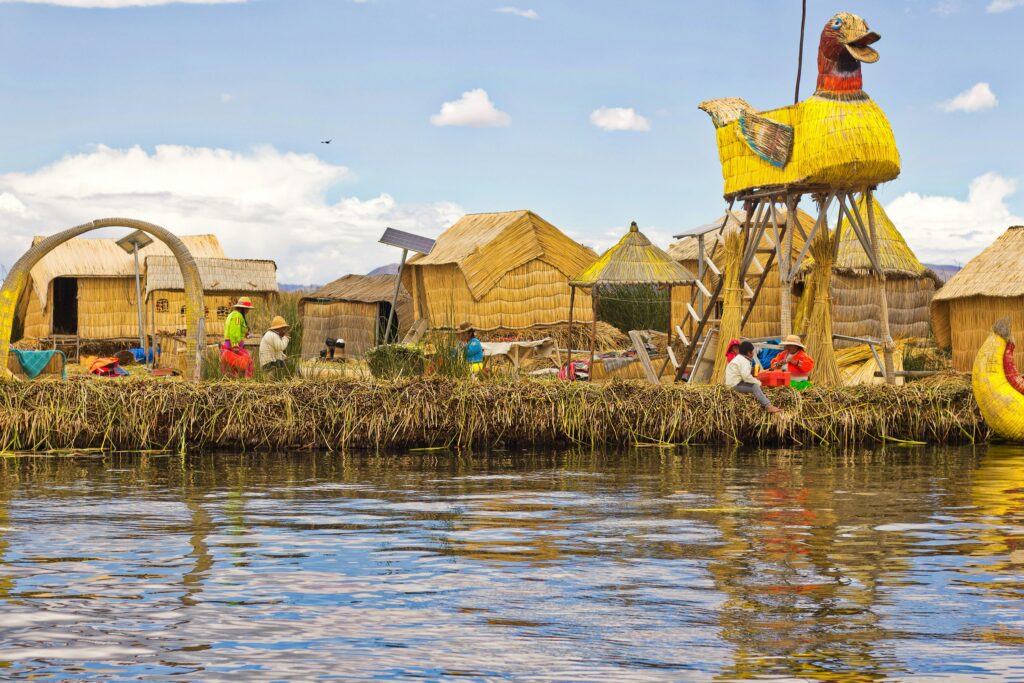
Traveling to Bolivia is an adventure like no other. From the stunning salt flats to the bustling markets of La Paz, there’s so much to explore. But with those breathtaking views come some health risks tourists should seriously consider. I’ve traveled to Bolivia a couple of times, and trust me when I say, being informed can make a huge difference in your experience.
This blog post will help you understand essential health risks to keep in mind when visiting Bolivia. It’s simple, straightforward advice that can save you from unpleasant surprises. Let’s get into it.
Altitude Sickness: Know Before You Go
Bolivia is home to some of the highest cities in the world. La Paz sits at over 11,900 feet. That’s no joke. Altitude sickness is a real concern for many travelers.
What Is It?
Altitude sickness happens when your body doesn’t get enough oxygen at high elevations. Symptoms include headaches, nausea, dizziness, and fatigue. Not fun, especially when you want to enjoy the views.
How to Prepare
Here’s the thing: take it slow. When you arrive, spend a couple of days acclimating before jumping into hikes or other strenuous activities. Drink lots of water, eat light meals, and consider consulting a doctor about medication like acetazolamide. Little steps can make a big difference.
Water and Food Safety: Play It Smart
You may be eager to try the local street food, but tread carefully. Water safety is an issue in many places in Bolivia.
Tap Water is Not Safe
In many cities, tap water isn’t safe to drink. Stick to bottled water. Check the seal before you buy. This can help you avoid unpleasant tummy troubles.
Street Food Caution
Street vendors often sell delicious snacks, but hygiene can vary. Choose vendors who are busy — it’s a sign the food is fresh. Look for vendors who cook on the spot. Avoid pre-prepared foods, especially if they’ve been sitting out.
Insect Bites: They’re More than Just Annoying
Insects in Bolivia can carry diseases, including dengue fever and Zika virus. Some areas, especially the jungle regions, can be hot spots for this.
Prevention Tips
Here’s the problem: protection is key. Wear long sleeves and pants, especially during dawn and dusk when mosquitoes are most active. Use insect repellent with DEET. This simple habit can save you a lot of trouble.
Travel Insurance: Don’t Skip It
I can’t stress this enough: get travel insurance. It covers unexpected medical expenses that might arise during your trip. This includes everything from altitude sickness to hospital visits for food poisoning.
What to Look For
Choose a plan that covers emergency evacuation, especially in remote areas. If you’re planning to hike or do adventure sports, make sure those activities are included. It’s worth the peace of mind.
Local Healthcare: A Reality Check
While many cities have decent healthcare facilities, rural areas might not have the same level of care. It’s good to know what to expect.
Are You Prepared?
Have a list of local hospitals and clinics in the areas you’ll be visiting. Make sure you have any necessary medications with you, as some may not be available locally.
Sun Exposure: High Altitude Means High Risk
In Bolivia, the sun is stronger due to the high altitude. You might not feel it right away but can easily get sunburned.
Protection Tips
Use sunscreen with a high SPF. Reapply every few hours, especially if you’re outdoors. Sunglasses are also essential. Protect your eyes against the glare at high altitudes.
Traveling with Health Conditions: Be Extra Cautious
If you have underlying health conditions, make sure to consult your doctor before traveling. Conditions like asthma can be exacerbated at high altitudes.
Plan Accordingly
Make a checklist of your medications and what you might need for emergencies. Also, consider whether you might need to adjust your itinerary based on your health.
Conclusion: Stay Safe and Enjoy
Traveling to Bolivia can be an incredible experience with its rich culture and stunning landscapes. But health risks are real, and being informed is key. Take a moment to prepare and consider the advice above. It might seem like a lot, but it can save your trip.
So, here’s my encouragement: do a little research, prepare well, and enjoy everything Bolivia has to offer. Your adventure awaits!
For more about traveling safely, check out this [Related: Travel Safety Tips](https://example.com).
**Related Reading:** – [Related: How to Plan a Solo Trip on a Budget] – [Related: Top Destinations for First-Time Solo Travelers] **#SoloTravel #Essential #Health #Risks #Tourists #Traveling #Bolivia #Comprehensive #Guide**